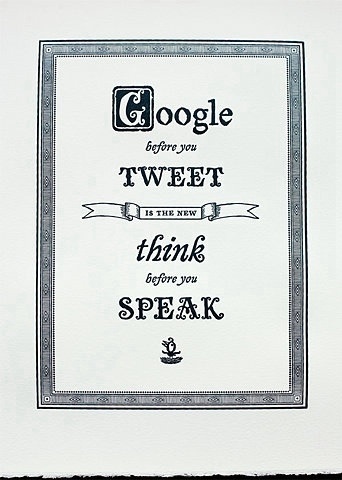-
Building Your Freelance Portfolio with WordPress: Essential Plugin Pack
There are many reasons why many freelancers choose WordPress for building their…
-
What Does it Take to be a Freelance Writer?
I’ve been a (more than) full-time writer for ten years. It takes…
-
Tweeting, Googling, and Capitalization
Do you still remember the days when everyone knew that “tweet” referred…
-
Google Editions
Google Editions is coming, and you best be ready for it. Google…
-
5 Simple Legal Mistakes Freelancers Commonly Make
For a freelance writer, there is a lot of legal ground to…
-
Periodical Blog Checkups
While it may not be as important to undergo a blog checkup…



